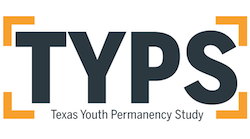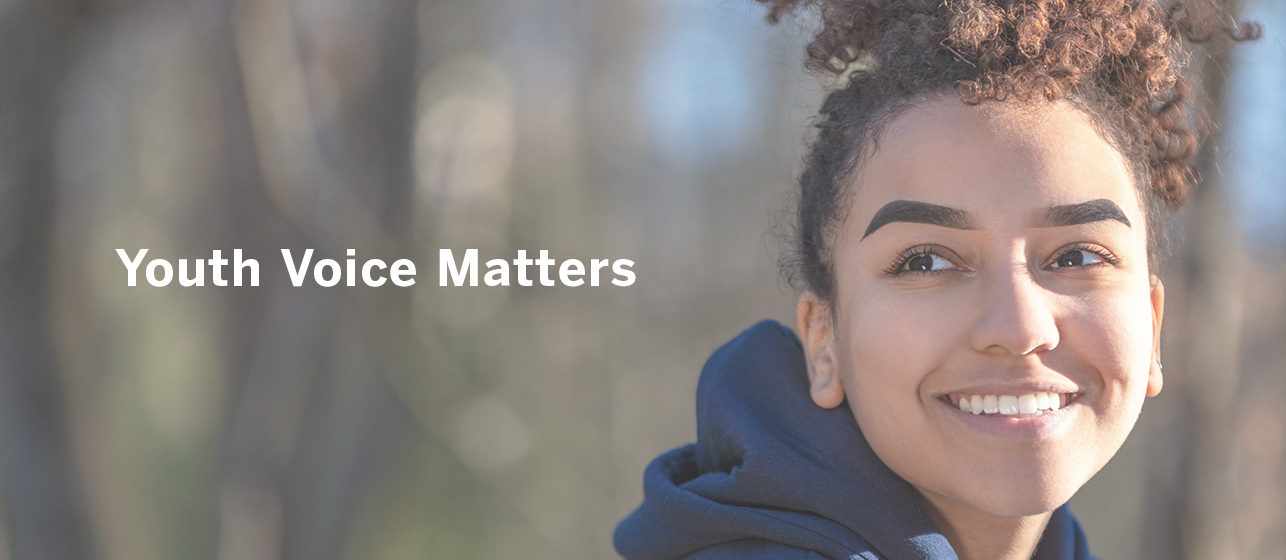School connectedness is an important protective factor for youth and refers to their relationships with school personnel and peers; their commitment to learning; and participation in school activities. Some studies show that a sense of connectedness in school may allow youth in foster care to more effectively navigate challenges and stressors related to trauma and loss, build competencies, achieve academic success, and start a successful transition to adulthood.
We wanted to get a better understanding how the COVID pandemic affects youth in foster care, and especially their connectedness with school. From June through August 2020, we interviewed 54 youth (ages 15 – 20) who are currently participating in the Texas Youth Permanency Study. We asked them about their experiences at school and about the impact of school closures, shifts to online learning, and social distanding measures.
When reflecting on their experiences prior to the COVID pandemic, the majority of youth reported that support from teachers and counselors was essential for helping them feel connected and catch up academically. Andy* said, “I have good relationships with teachers and other students. Let’s say I had a problem or something. I would just talk to the counselor or talk to the teacher about it that I trust, and then they’ll try to help work it out.“
While some youth were already enrolled in online school, for others switching to an online learning environment was difficult. Online learning not only made it harder to focus on school, but also to get the same level of one-on-one support. Jasmine spoke for many saying, “I can’t learn from a video. It doesn’t get my attention. I’ll easily get distracted.” Katrina explained how online learning compounded her struggles to catch up academically. “It’s difficult – very, very difficult – because I’m a slow learner when it comes to certain subjects like math. I hate math. So, even in the classrooms I would always have to ask questions and sometimes once or twice ask the same question. So, doing it online and no one’s there to be like, ‘Hey, get on your work’ but I can’t ask questions immediately too and immediately get an answer. And to try to figure it out, it became very difficult.”
For some youth who moved placements during the COVID pandemic, enrollment in a new school was particularly difficult to navigate. Alejandra described how starting in a new school during the pandemic, she was unable to forge new connections. “I moved from another school over spring break. So, when I started school, I don’t know any of my teachers or anything about the school really. So, I’m starting a new school, but it’s weird because I don’t know anybody and know nothing really about how the school is working.”
Social distancing measures severely disrupted youth social networks that typically center around school and work. While some youth found limited opportunities to stay connected with friends, others struggled with “cabin fever” and felt increasingly isolated. Alejandra said, “It definitely has me more isolated. I don’t talk to a lot of people now that I can’t go out and do things. So, yeah, I’m kind of limited.” Eva echoed the sense of isolation as not only contacts with friends but also family visitations were disrupted. “Well, we’re isolated. We can’t go out as much as we were able to. That’s including my friends, and also my visitations are very limited. It’s had a lot of negative impacts, I’m home all day.”
For many youth, loss of social contacts due to the pandemic added another layer on top of the pervasive losses they had already been experiencing in the course of frequent placement changes, and some were feeling depressed. Monique said, “I just sit in the house all day and I get very, very depressed sometimes.” Some youth had already struggled with maintaining friendships and social distancing measures only increased their pain. Hannah said, “I’m not gonna say I have a lot of friends. But the friends I do have I don’t really talk to anymore.” And Vanessa described the impact of moving during the pandemic: “As soon as I started living here, the whole city went on lockdown. So, I haven’t really been out of the house very much. I’m not going to school, and I don’t have a job. There really isn’t a way for me to even have friends because I’m not in any settings where I would make friends.”
Findings from our interviews suggest both the importance of school connectedness as a protective factor and the enormous toll of placement and school changes on the educational achievement and social development of youth in care. The COVID pandemic has disrupted school connectedness and furthered already existing isolation and pervasive sense of loss.
As more and more people are being vaccinated and schools and communities make plans for reopening, it is important for caregivers and child welfare professionals to help youth reengage with school and reconnect with their peers.
*All names used in this blog are pseudonyms and are meant to protect the privacy of Texas Youth Permanency Study participants.

